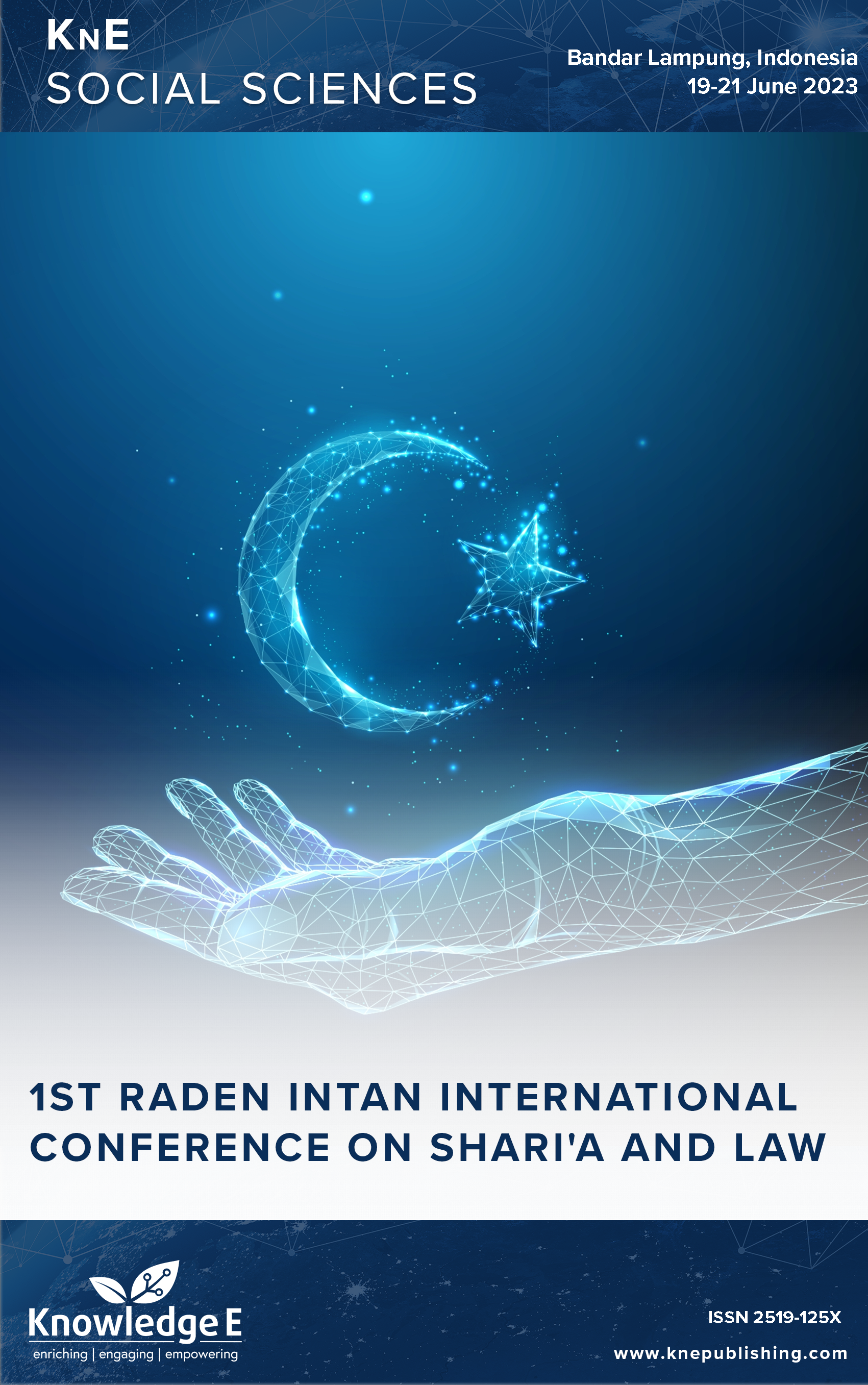Fiqh Siyasah Qodha'iyyah Review of Judges' in PTUN Decision Number 56/G/SPPU/2018/PTUN-JKT Regarding the Determination of the United Indonesia Justice Party as an Election Participant
DOI:
https://doi.org/10.18502/kss.v9i2.15019Abstract
Court decisions are repressive because they exist after the problem has occurred. Related to the background of the problem in this thesis is regarding PTUN’s decision. 56/G/SPPU/2018/PTUN-JKT. The Justice and Unity Party of Indonesia sued the General Election Commission of the Republic of Indonesia at the Jakarta State Administrative Court for the issuance of the Decree of the General Election Commission of the Republic of Indonesia Number 58/PL.01.1-Kpt/03/KPU/II/. This was regarding the provisions of the decree stipulating that the Indonesian Justice and Solidarity Party not meet the requirements to take part in the General Election. Based on the problems above, the objectives of this study are: To find out the judge’s consideration of the decision Number 56/G/SPPU/2018/PTUN-JKT regarding the Determination of the PKPI Political Party as a Contestant for the 2019 Election. And, to find out the Fiqh siyasah qadhaiyyah regarding the judge’s considerations in Decision Number 56/G/SPPU/2018/PTUN-JKT regarding the Determination of PKPI Political Parties as Participants in the 2019 Election. In this study, the library research method was used (Library Research) using various library literature in the form of books, laws, journals, manuscripts, and thesis. The data analysis technique used was qualitative by using the deductive thinking method, with the nature of analytic descriptive method. The results of this study were based on the PTUN judge’s decision, which won PKPI for its lawsuit in PTUN court No. 56/G/SPPU/2018/PTUN-JKT. Second, from the point of view of Fiqh siyasa qadhaiyyah, the settlement of election process disputes at the State Administrative Court was included in At-taqodliala darojatain aw al-isti’naf (Appeals). Based on this principle, litigants had obtained a legal decision on a case at the lower-level court, first.
Keywords: Fiqh Siyasah Qodho’iyyah, political parties, general election
References
Sarundjang. Arus Balik Kekuasaan Pusat ke Daerah. Jakarta: Sinar Harapan; 2002.
Majid N. Fiqh Siyasah. Jakarta: Prenada Media Group; 2014.
Aminuddin. Fungsi Pengawasan DPRD Dalam Mewujudkan Tata Kelola Pemerintahan Yang Baik. Jurnal Katalogis 2015;3.
Soewarno H. Pengantar Studi Ilmu Administrasi Dan Manajemen. Jakarta: Gunung Agung; 2009.
Kelsen H. Teori Hukum Murni. Bandung: Penerbit Nusamedia & Nuansa; 2007.
Arif MY al. Paramadina PF. Konstitutionalistas Perda Syari’ah di Indonesia dalam Kajian Otonomi Daerah. As-Siyasi : Journal of Constitutional Law 2021;1:49–62. https://doi.org/10.24042/as-siyasi.v1i1.8953. DOI: https://doi.org/10.24042/as-siyasi.v1i1.8953
Jimly A. Menuju Negara Hukum Yang Demokrasi. Jakarta: PT Buana Ilmu Populer; 2008.
Hasanuddin. Dinamika Kuasa Dalam Upaya Pemekaran Kabupaten Rokan Hulu Provinsi Riau. Jurnal Ilmu Pemerintahan Nakhoda 2019;16:18–33. https://doi.org/10.35967/jipn.v16i28.5822. DOI: https://doi.org/10.35967/jipn.v16i28.5822
Rio R MB. Tinjauan Fiqh Siyasah Terhadap Lembaga Yudikatif Di Indonesia. Cakrawala: Jurnal Manajemen Pendidikan Islam Dan Studi Sosial 2021;5:59–68. https://doi.org/10.33507/cakrawala.v5i2.371. DOI: https://doi.org/10.33507/cakrawala.v5i2.371
Rustandi. Kinerja Manajemen Sumber Daya Manusia di Era Disrupsi. Kebijakan: JurnalIlmu Administrasi 2019;10:67–73. DOI: https://doi.org/10.23969/kebijakan.v10i2.1653
Rivai FH. Bureaucracy Culture Enforcement to Encounter Industrial Revolution 4.0. Jurnal Transformasi Administrasi 2019;9:128–38.
Faruqi U Al. Future Service In Industry 5.0. Jurnal Sistem Cerdas 2019;2:67–79. DOI: https://doi.org/10.37396/jsc.v2i1.21

